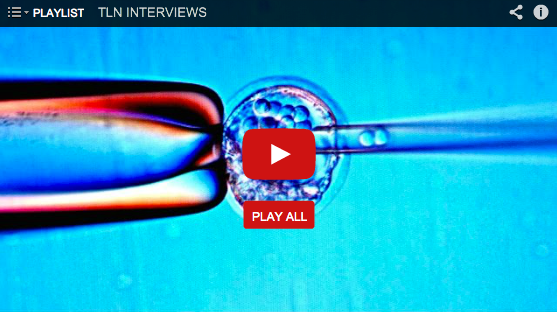PANAMA CITY, PANAMA – The Stem Cell Institute reported today publication in the peer reviewed journal, International Archives of Medicine, of a heart failure patient who underwent profound recovery after receiving adult stem cell therapy. The publication is freely available at www.intarchmed.com.
“Stem cell therapy is experimental, and although the results discussed in the paper are promising, only the conduct of double-blinded, placebo controlled trials, will allow definitive conclusions to be drawn”, said Dr. Paz Rodriguez, Medical Director of the Cellmedicine Panama clinic and coauthor of the study.
The heart failure patient described in the study received stem cell therapy on November 2007, presenting with an ejection fraction of 25-30%. At follow-ups on June 2008, August, and Oct 2009, the ejection fraction stabilized at 40%. A major improvement in quality of life was reported. Biochemical markers of heart failure decreased. No treatment associated adverse reactions were noted.
“To date our group has published results on multiple sclerosis, non-ischemic heart failure, and Duchenne Muscular Dystrophy patients in collaboration with major American Universities including University of California San Diego, Indiana University, and University of Utah. By publishing our data in a scientific forum, we welcome discussion and interaction, which will lead to advanced patient care not only in Panama City but internationally.” Concluded Dr. Paz Rodriguez.
The Cellmedicine Institutes offer adult stem cell therapy for patients suffering from a variety of degenerative conditions. More information is available at www.cellmedicine.com.

